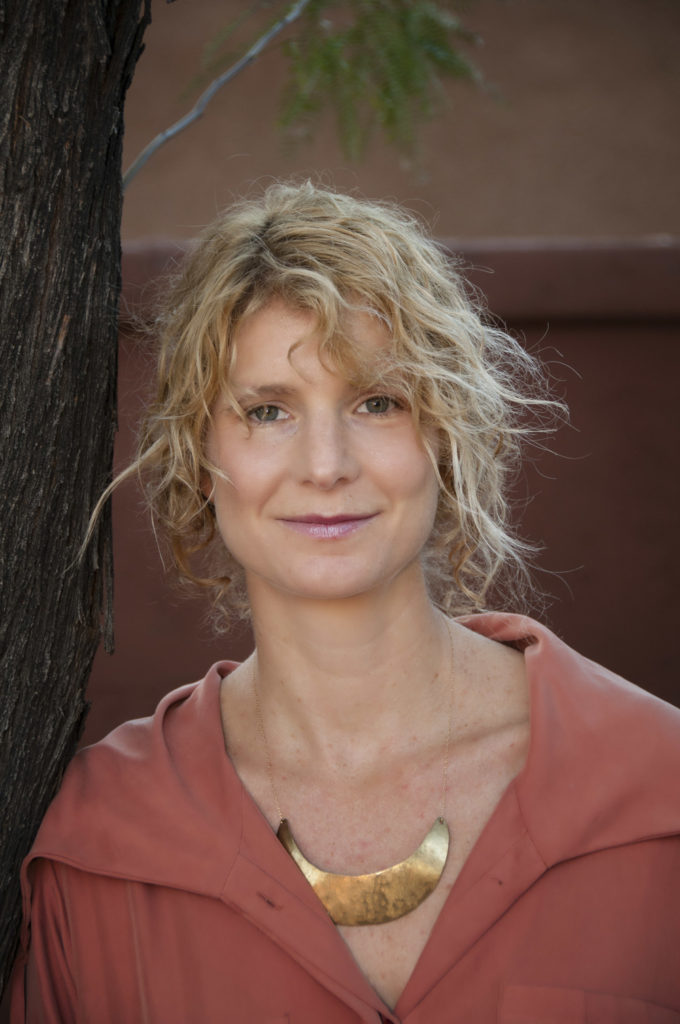
About the Author: Hailing from Nova Scotia, Canada, Johanna Skibsrud is the author of two novels, Quartet for the End of Time (Norton 2014), and the 2010 Scotiabank Giller Prize-winning, The Sentimentalists (Norton 2011). She has also published a collection of short fiction, This Will Be Difficult to Explain and Other Stories (Norton 2012), and co-wrote the children’s book Sometimes We Think You are a Monkey (Penguin Canada 2014). Not only that, Skibsrud is also the author of three books of poetry, Late Nights with Wild Cowboys (Gaspereau 2008), I Do Not Think that I Could Love a Human Being (Gaspereau 2010), and The Description of the World (Wolsak and Wynn 2016).
Find Johanna Skibsrud on the following platforms:
Johanna Skibsrud: Reading as a kid. I was just one of those kids who wanted to be swept away by stories. I was lucky that my mother was also a reader and was always encouraging of my writing. She never gave me the sense that being a writer was an impossible career choice.
JS: The birth of my eldest niece. My best friend and oldest friend, Sarah Blacker, and I had often scribbled stories together when we were younger, and when my oldest niece was born we wrote and illustrated a story for her as a gift. The book really just grew out of our love for my niece—it wasn’t published until years later after I was more familiar with the publishing world. I like the idea of writing for kids, but I think what really makes Sometimes We Think You are a Monkey special is that close personal connection to the story.
JS: My latest novel, Quartet for the End of Time. It was inspired by one of Olivier Messiaen’s quartet of the same name, which was completed in a German prisoner of war camp during the Second World War. I wanted to express the complexity of this piece of music in the form of a novel. It was the biggest challenge I have taken on as a writer, and I really enjoyed both the research and the experimentation that went into that project.
JS: From my own experiences, mostly. That’s a very broad area, though. I get inspiration from little snippets of conversations I overhear, newspaper articles, encounters with my family, anecdotes from friends, and nature. I think reading and just participating in the world is the place of inspiration for me.
JS: Write and read! Listen to advice, but mostly from yourself; self-criticism (and encouragement) is very important. Send out your stories; take that leap of faith. And if it gets sent back to you, take a good hard look at it, and then send it out again, and again…
PRR Writer, Meghan Reinholz